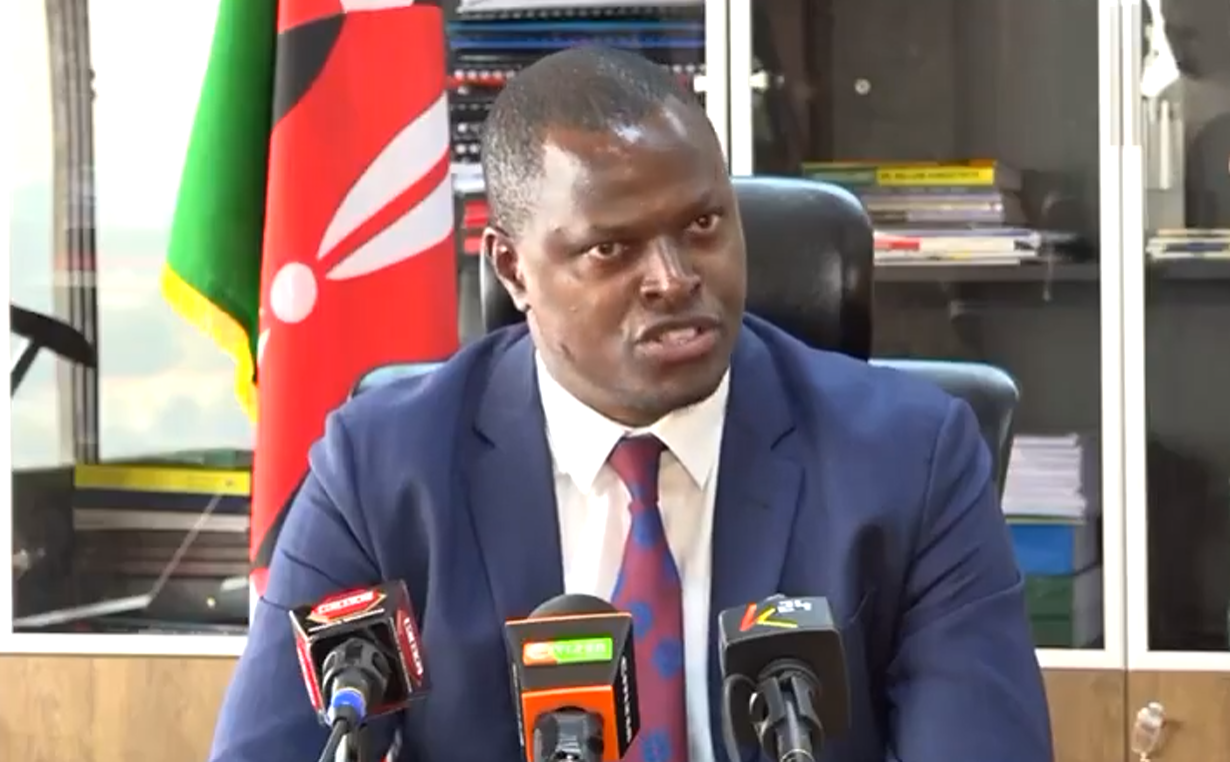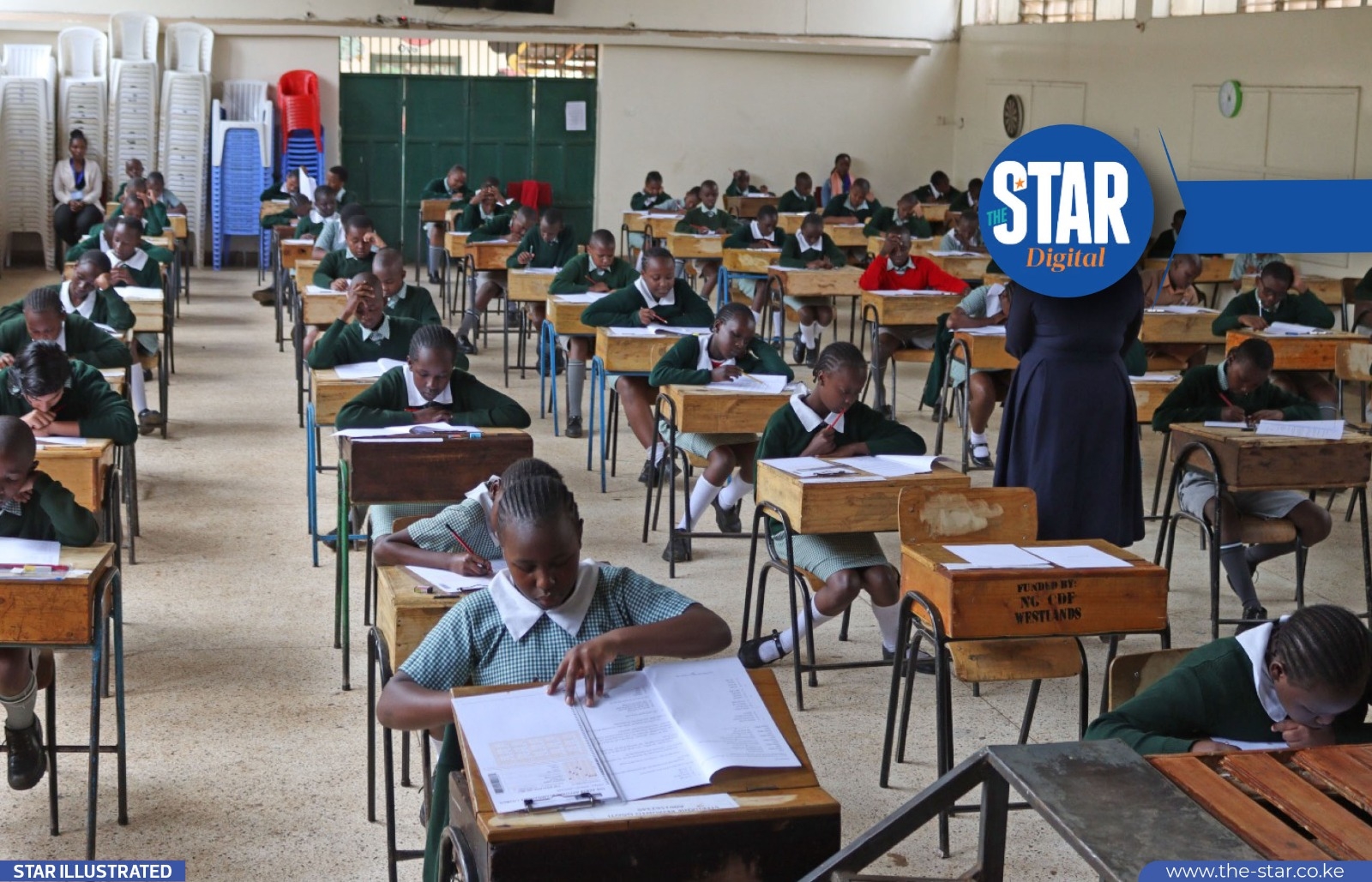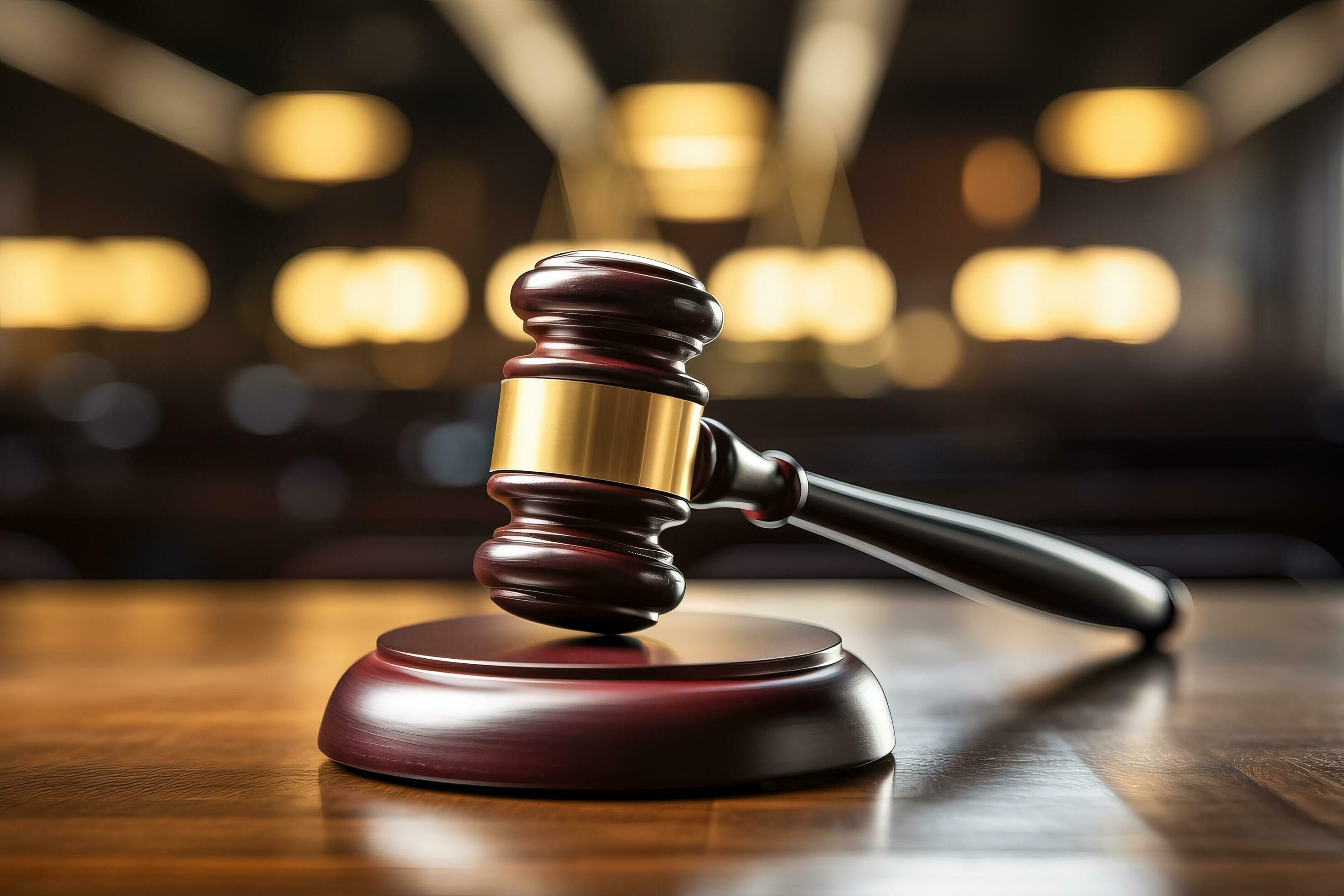 Kiharu MP Ndindi Nyoro speaks during a press conference on August 12, 2025. /SCREENGRAB
Kiharu MP Ndindi Nyoro speaks during a press conference on August 12, 2025. /SCREENGRABKiharu MP Ndindi Nyoro is urging the government not to introduce toll charges on the expanded Rironi–Mau Summit and Nairobi–Mombasa highways, saying Kenyans already pay enough taxes to maintain roads.
The government is upgrading the Rironi–Mau Summit Road into a dual carriageway through a public-private partnership (PPP) arrangement.
The 170-kilometre highway, costing an estimated Sh90 billion, will become a four-lane dual carriageway, with six lanes in busy sections.
Work started on July 1, 2025, and completion is expected by July 2027.
Separately, the 419-kilometre Nairobi–Mombasa Expressway was set to break ground in early 2026.
The Sh468 billion project, planned under a PPP with American firm Everstrong Capital Kenya, aimed to reduce travel costs between Nairobi and Mombasa.
It was to be a four-lane expressway. However, the National Treasury has cancelled it.
On Tuesday, August 12, Treasury said a PPP Committee meeting held on July 2, 2025, resolved to abandon the plan.
A formal notice stated that the project did not meet the required criteria under the PPP Act, 2021.
Instead, the Kenya National Highways Authority (KeNHA) will now expand the existing Nairobi–Mombasa highway.
Reacting to the two infrastructural projects, Nyoro said major road expansions are overdue but must be done “in the most optimal way.”
He insisted they should be government-funded and free to use once completed.
“The expansion of Rironi–Mau Summit Rd (Nairobi–Nakuru–Mau Summit) should be done as a GoK-funded project and without tolling or requiring users to pay. The same should happen to Nairobi–Mombasa Highway,” he said.
Nyoro argued that Kenyans already shoulder multiple taxes for road maintenance.
“It is not prudent to have a Kenyan who pays VAT, PAYE and other taxes, again pays fuel levy to maintain roads, then is made to pay toll to use a corridor highway that serves a huge section of our country,” he added.
The MP warned that tolling makes the economy less efficient and undermines the ease of doing business, especially along key transport corridors.
His alternative is for the state to rely on its own resources, not pension savings, to build the roads.
“We must optimise on the internal resources to fund the key projects instead of misusing workers’ savings at NSSF to do what the government should do and have always been done,” Nyoro said.
The cancelled Nairobi–Mombasa Expressway would have been one of Kenya’s costliest infrastructure projects.
Early toll fee estimates ranged from Sh12 to Sh13 per kilometre. That would have meant motorists paying at least Sh5,280 to use the full route.
Land acquisition alone was projected to cost Sh12.9 billion. Analysts warned this would have driven tolls higher, even with high traffic volumes expected to cover up to 75 per cent of costs in a short time.
The Rironi–Mau Summit upgrade remains on track. It covers a key section of the Northern Corridor, linking Nairobi, Nakuru, and Eldoret.
The road currently carries heavy passenger and freight traffic to western Kenya and neighbouring countries.
Nyoro said the government needs to get creative in sourcing funds to finance major road projects without overburdening taxpayers — or introducing new tolls.
"They need to be a bit more creative in raising revenue to do critical infrastructure like we have done before without necessarily doing experimentations that, upon further analysis, they seem to be reckless," he said.
"This road will cost Kenyans over Sh175 billion, meaning per kilometre of road is Sh1 billion."
To raise this kind of money, Nyoro proposed that the government consider selling its stake in multi-billion corporations.
"Such statements, when we give them, we are not doing it to accuse anyone. We are doing it so that we have a debate that makes Kenya a better place.













